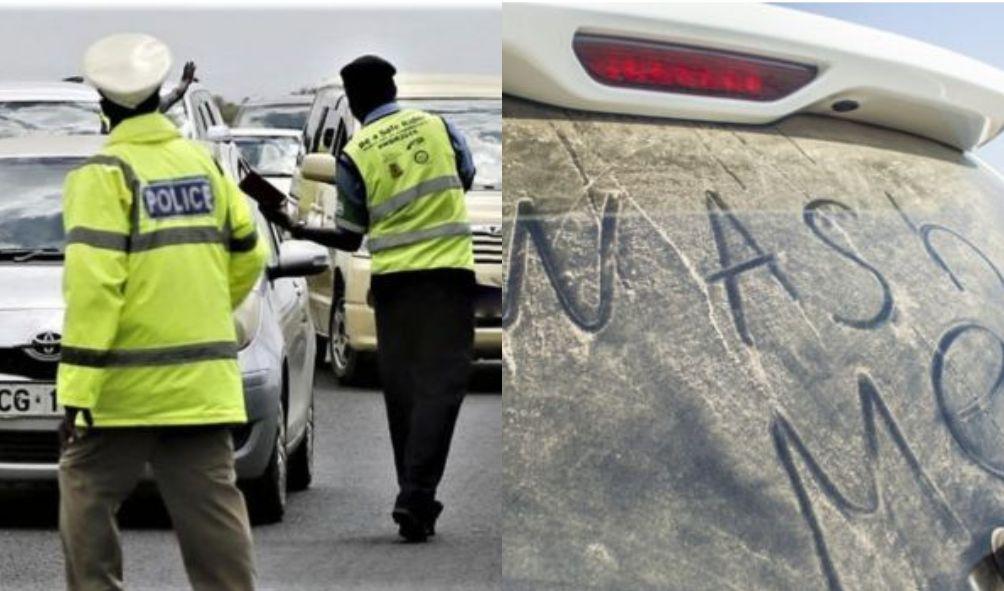Legal Insights: Understanding the Two Scenarios Leading to Arrest for Driving Dirty Cars
On Thursday, June 8, the Chief Magistrate of the Milimani Traffic Court, Martha Nanzushi, outlined two scenarios in which motorists can be charged in court for driving a dirty vehicle.
During an interview with Spice FM, the magistrate explained that driving a filthy vehicle is a traffic offense and that police officers are required to pay close attention to license plates.
The license plates of soiled automobiles were frequently obscured, making it difficult for officers to identify the vehicles.
In addition, Nanzushi elaborated that the visibility of license plates was crucial. Because it assisted pedestrians and drivers in obtaining justice in the event of an accident.
“You may have driven through mud and splattered it on your car, obscuring the license plate. This means the police cannot follow you in the event of an emergency. Number plates must always be visible.
ALSO READ: Busted! Police Nab Goons Red-Handed Repackaging Ksh 175M Subsidised Goods
“Let us see it in reverse. How will you obtain justice if you are struck by a vehicle whose license plate you cannot see because of the road’s poor condition?” She queried.
In contrast, the magistrate revealed that drivers risked arrest if other drivers complained about their filthy vehicles.
“Traffic participants can observe that the vehicle is dirty.
According to my understanding of this law, you are causing discomfort to other road users,” the judge explained.
The traffic law, according to Nanzushi, applied to both dry-weather and all-weather roads.
In particular, she noted that the court could proceed with a conviction. If a motorist pleaded guilty when arrested in such circumstances.
If convicted, the suspect could face a court-ordered fine. A warning, or a suspended sentence, but drivers could explain themselves and walk free.
“Whoever uses on a road a motor vehicle or trailer whose identification plates are not visible or legible shall be guilty of an offense and liable to a fine not exceeding one thousand shillings,” states the Traffic Act.
Legal Insights: Understanding the Two Scenarios Leading to Arrest for Driving Dirty Cars
HEY READER. PLEASE SUPPORT THIS SITE BY CLICKING ADS. DON’T FORGET TO HIT THE NOTIFICATION BELL FOR MORE UPDATES AROUND THE GLOBE.
